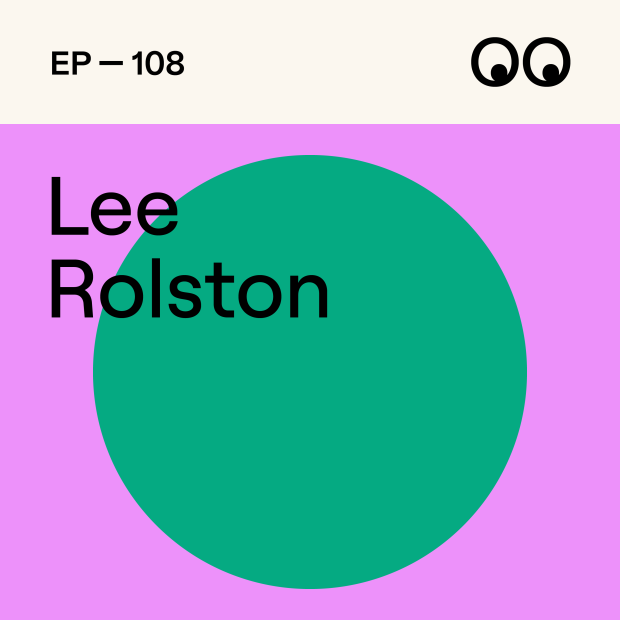Imposter syndrome: How to stop feeling like a fraud and boost your confidence
Ever feel as though you're not good enough? That no matter how hard you try, your work isn't right and sooner or later, you'll be caught out?

Image licensed via Adobe Stock
Welcome to the world of imposter syndrome. It's a feeling of inadequacy that stubbornly persists even in the face of information that indicates quite the opposite.
It's a term coined in 1978 by clinical psychologists Dr Pauline R. Clance and Suzanne A. Imes referring to "high-achieving individuals marked by an inability to internalise their accomplishments and persistent fear of being exposed as a fraud".
In the creative industries, where our work is always on show and open to criticism, imposter syndrome is unsurprisingly rife. There's a lot of pressure to be 'good', and that can mean we're too hard on ourselves and set incredibly high standards that are impossible to reach.
If you're suffering from this affliction, take comfort in the fact that you're not alone. Tennessee Williams famously said: “What's talent but the ability to get away with something?” While American poet and author Maya Angelou remarked: "I have written eleven books, but each time I think, 'Uh oh, they're going to find out now. I've run a game on everybody, and they're going to find me out.'"
It's a healthy state of being, but how can you combat imposter syndrome if it's holding you back? Creative Boom has put together the following tips to help you stop feeling like a fraud:
1. Recognise the signs
If you suffer from self-doubt and a sense of incompetence and are frequently comparing yourself to others – you could have a nasty dose of imposter syndrome. If you're feeling anxious, stressed or immobile – these are also vital signs. You'll undoubtedly be suffering if you can't enjoy your accomplishments or accept praise for good work. Recognising that you have imposter syndrome is the first step towards eradicating it from your life.
2. Understand you're not alone
I'm going to let you into a big secret – no one knows what they're doing. Everyone is just trying their best based on the skills and experience they have. The same applies to you. Studies have shown that 70 per cent of all people feel like frauds at one time or another – and that includes the world's leading presidents, actors and entrepreneurs.
3. Recognise it can be controlled
Although psychologists Dr Pauline R. Clance and Suzanne A. Imes coined the term 'imposter syndrome' nearly 40 years ago, it's important to note that it's not a personality trait, but rather a reaction to certain situations. It's great news because it means we can control and address it.
The next time you have typical imposter syndrome thoughts – such as "I'm a fraud" or "people will find out I'm not good enough!" – understand that these are irrational insecurities that you can overcome.
4. Get over yourself
Have a strong word with your ego and ditch the self-importance. You're only human; you're not special. There's nothing that makes you any better than anyone else. If you understand that you're not important, you'll take off some of the pressure and give yourself a break.
5. Stick to what you're good at
You might be suffering from imposter syndrome because you're trying to push your skills beyond your comfort zone. That's fine, but if you're taking on work that you aren't prepared for – that could be causing you to feel like a fraud. Stick to what you're good at – and you won't give yourself the chance to question your abilities.
6. Take steps to improve your weaker areas
Where you lack skills and experience, take steps to improve yourself – take a course, buy some helpful books, go to talks. Do everything you can to boost your expertise, and you'll get the bonus of extra confidence – patting yourself on the back for being proactive.
7. Write a list of the beautiful things people say
Why is it that we only remember criticism instead of praise? Stop thinking about all the bad things people have said about you or your work, and instead consider the good stuff. Write it down and pin that list above your desk, so you can refer to it when you're feeling low. Nothing boosts confidence more than remembering why you've got skills that people want to pay for.
8. Stop comparing yourself to others
There is absolutely no point in comparing yourself to other creatives. Their success has nothing to do with you, and you'll probably be at different stages of your career anyway. Stop punishing yourself by wondering why you're "not as good" as those you admire. They're probably thinking the same about you, so recognise your insecurities as irrational.
9. Keep a gratitude journal
Every morning, write down five things you're grateful for. This daily therapy will help beat any self-doubts you have and set you up positively for the day ahead. Thankful for a roof over your head? Great, write it down. Grateful for being able to do what you love for a living? Add it to the list. By forcing yourself to practise gratitude, you're sub-consciously switching to a positive mindset – one that will beat imposter syndrome again and again.
10. Remember that imposter syndrome isn't all bad
Is imposter syndrome that bad? Some would argue that it's good for us. That it's a sign we're improving and progressing in our careers. That's because it forces us to push forward and address our insecurities. It's probably why some of the world's most successful people still feel like frauds. Could the real question be – if you don't feel like an imposter, is it time to make a change and move on?





















